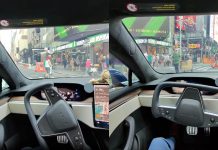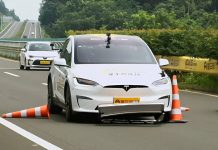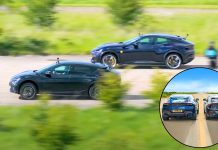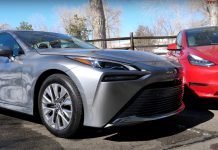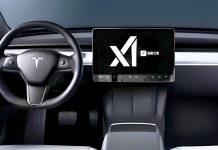Tesla’s FSD has improved greatly, mainly because of the full end-to-end AI that allows supervised learning and driving on difficult terrains such as rocky off-road tracks. This is achieved by using deep learning and several neural networks that are trained with large datasets such that the vehicle can make sense of new environments in real life and perform new maneuvers herein without a program that specifically trains it on each situation.
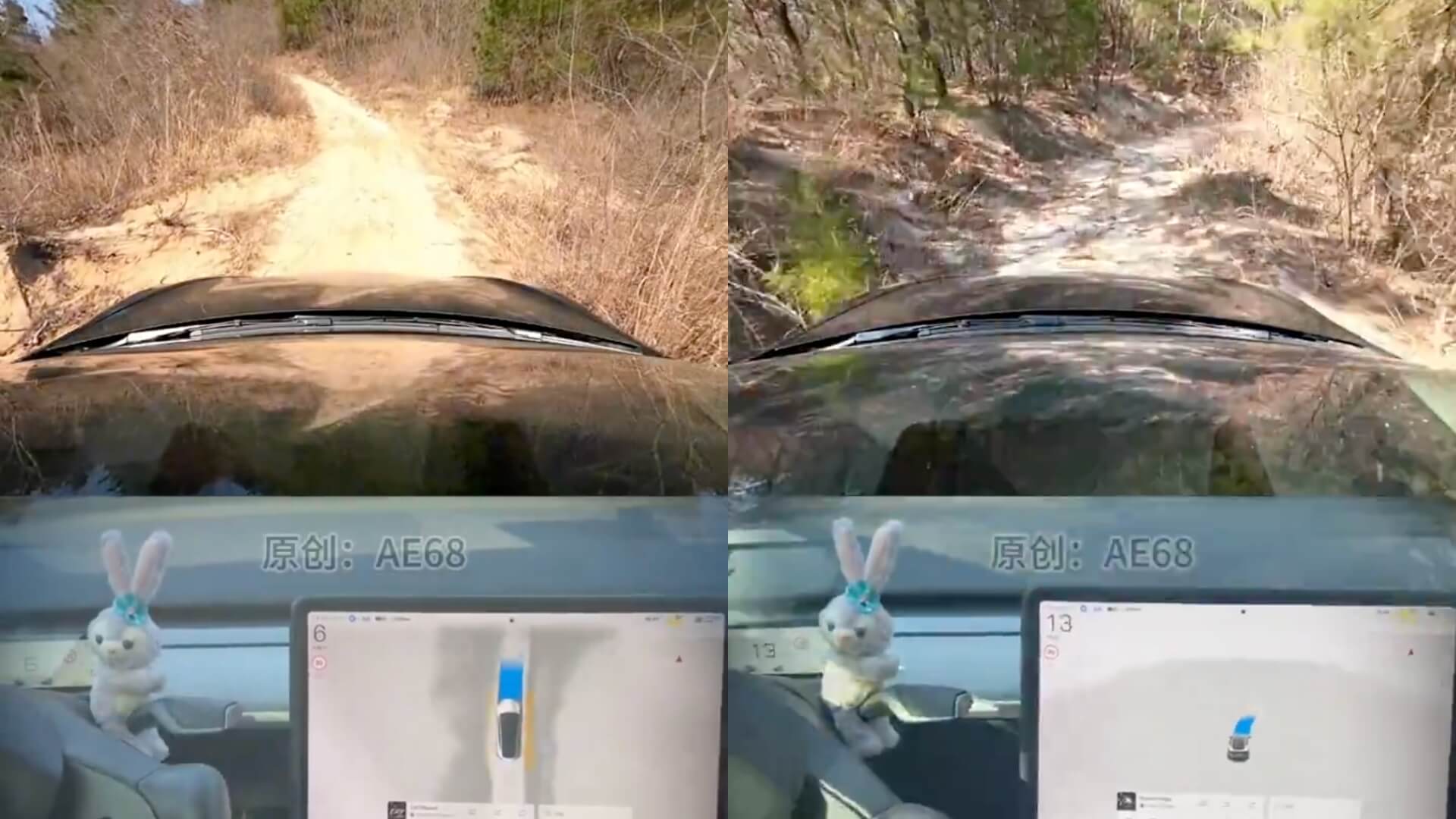
Advancements in FSD with End-to-End AI
The shift to an end-to-end AI approach can be regarded as one of the key steps in the development of autonomous driving systems at Tesla. With the help of the new FSD Version 12, built on the basis of the trained neural networks that worked on millions of video clips, 300,000 or more lines of the unique C++ code used for making decisions were excluded. It also makes it possible for the vehicle to be trained on real conditions on the road because it has to learn different conditions in a given environment.
Has Tesla FSD Learned Off-Roading Skills?! 🤯🏔️
This is unbelievable! Tesla FSD tackling rough terrain like a pro—next-level AI driving!
🎥: AE68#Tesla #AutonomousDriving #FSD #TeslaFSD #SelfDriving #OffRoadMode @ray4tesla @SawyerMerritt @Teslarati @elonmusk @tesla pic.twitter.com/n4606jtCfr
— DriveGreenLiveGreen (@DriveGreen80167) March 22, 2025
This in real terms implies that Tesla’s FSD can now navigate through and make interpretations well beyond structured areas such as rocky regions. Supervised learning is used in analyzing visual input to give a map of the terrains, detect barriers, and establish good and proper paths to navigate through for improved difficult terrains. This is an important improvement for such models as the Cybertruck, which is produced for off-road purposes.
Challenges and Safety Concerns
However, recent cases have made people doubt the effectiveness of FSD in certain risky driving scenarios. One of the most significant incidents occurred with the Tesla Cybertruck with FSD version 13.2.4, which crashed because the car failed to perform a lane change. The driver said that the car never tried to merge, slow down, or turn, hence resulting in the accident.
They imply some drawbacks in the ability of the FSD system to make decisions and respond to specific situations on the road. While providing the end-to-end control of the process and allowing the system to learn from a huge amount of data, it creates a problem that becomes crucial when the model is not trained in such a situation; it can make a mistake. That is why the idea of the necessity of constant learning and that the testing must be thorough.
The Importance of Driver Supervision
Tesla’s FSD options are termed as Level 2 autonomy, which means that it needs intervention from the driver. This indicates that the system is effective on off-road and real urban roads, rendering it necessary for the driver to always be keen. Some of which FSD can do, but a human operator is needed in areas that the FSD cannot address at the current time.
The controversy over strategy in autonomous driving persists, while some people, experts for the use of such devices as lidar in addition to cameras, ensure efficiency and safety. John Krafcik, the former CEO at Waymo, insisted on the use of multiple types of sensors for the cars, concerning Tesla, which uses only the cameras.
Conclusion
The incorporation of end-to-end AI in its FSD system has become a notable shift in developing an alternative to the traditional self-driving car, reducing troubles in supervised operation in complex topography. However, more recent occurrences like the one involving a Tesla Cybertruck drive show that the problem persists to this date, and this is why there is an emphasis on driver supervision.
The focus on the safety issue plays a crucial role in decision-making with technological advancement as a critical factor that would define the rate of adoption of cars with auto-driving features.





